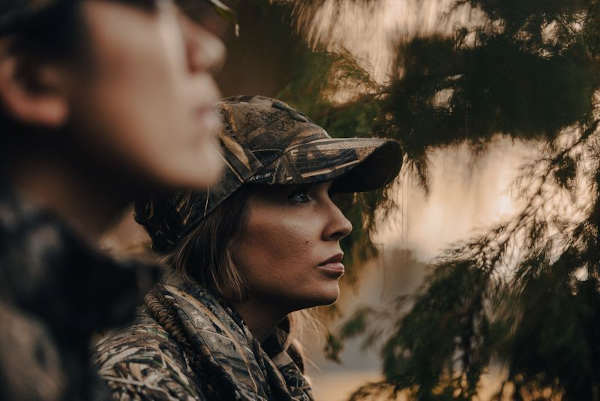- Mendocino National Forest
- Posted On
National Forest’s Upper Lake wet weather closure lifts at midnight
Effective at midnight on Jan. 30, all OHV trails will be open.
Trail users can check the precipitation data online before traveling to the forest.
When closures occur, information will be posted on the forest website and social media @MendocinoNF.





 How to resolve AdBlock issue?
How to resolve AdBlock issue? 




